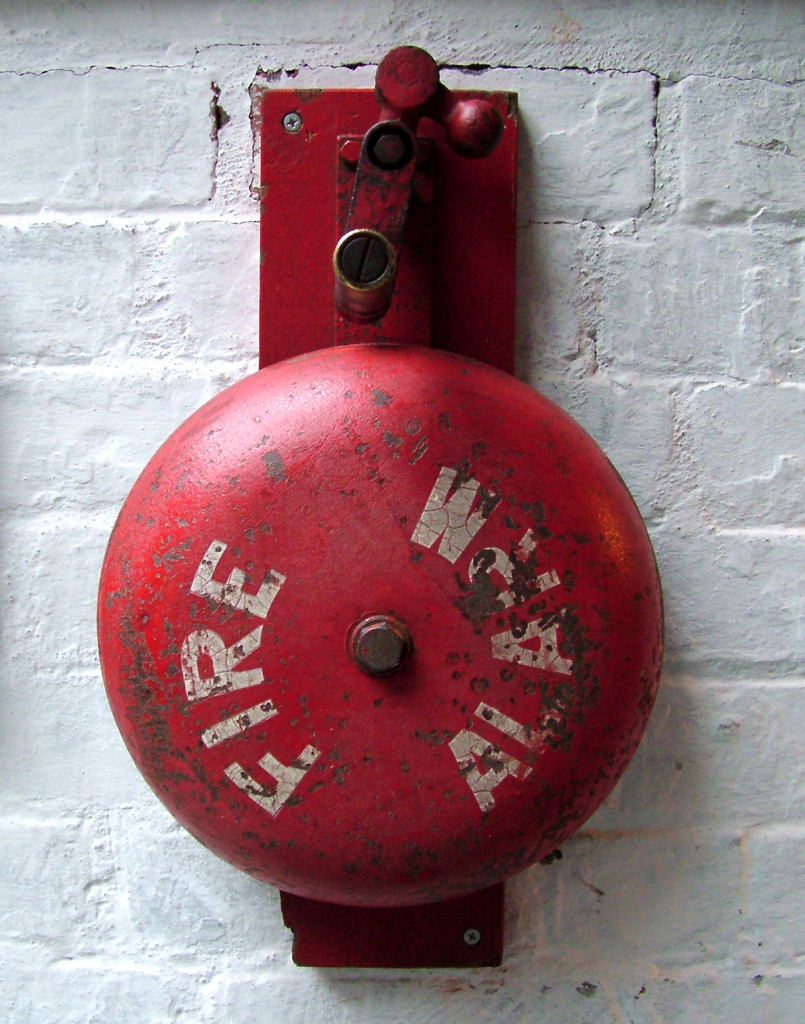The top ten tips for avoiding getting your ass kicked during a crisis
(from PodCamp Toronto 2015):
1. Beforehand: know who’s in charge.
- Do you know what the chain of command is at your institution?
- Do you know who’s responsible for monitoring online conversation?
- Make sure you know who those people are and make sure everyone else knows too, so no one starts talking out of line.
- It’s important to know who’s available and on tap for emergency situations. You can’t take time off in a crisis, but you can delegate if you have the capacity and infrastructure set up in advance.
- It’s critical to know who speaks for the institution in a crisis. In larger organizations, that’s usually media relations. In smaller organizations, that may be the media spokesperson or even the president.

Ears: the most important organ for listening
2. During: listen.
- Don’t just react. Listen to what people are saying first.
- You can do this through social monitoring dashboards, the digital channels of mainstream news outlets and / or Twitter.
- Dashboards come in a variety of flavours: big enterprise ones such as Sysomos Heartbeat and Radian6, mid-level ones such as Sprout Social and “freemium” ones such as HootSuite
- If you’re serious about being able to monitor and respond during a crisis, you’re likely going to want to buy a mid-level or enterprise-level dashboard. They give you the ability to look at traffic in much greater detail than HootSuite on its own, although you can now buy an enterprise-level dashboard as part of HootSuite: It’s called uberVu.
- However, I have yet to find an automated reporting mechanism that can replace someone who can scan a series of mentions, summarize them in English and figure out what’s important and what’s not. So far, that mechanism doesn’t exist. So the most important widget is your elbow grease.

The vast, washed media hordes.
3. During: monitor mainstream media.
- Let’s assume you’re in a crisis, and a highly visible one (otherwise it wouldn’t be a crisis, would it?)
- You’re going to want to pay attention to some specific sources, the ones that can impact your reputation: the media.
- Look not only at their Twitter, but also at their websites & Facebook
- You want to follow the thread of conversation & comments.
- You want to find out what people are saying. How are they reacting?
- You want to take the temperature of conversation.

You knew Twitter was coming. Don’t pretend….
4. During: Twitter.
- In addition to monitoring Twitter through the accounts of local media, you should monitor Twitter directly either through a dashboard or through Twitter searches.
- Conversation leaders and other sources will emerge. Note these for future monitoring, in addition paying attention to them during the crisis.
- Even if you don’t have a dashboard, you can still monitor Twitter. Since Twitter remains the place where breaking news gets reported first on social media, and where most conversation and sharing of links happens, it’s where you’re going to see the conversation trend in a crisis situation.
- Pay attention to hashtags: they’re where conversation focuses. As you start to see certain ones trend, set those up as discrete Twitter searches (multiple tabs are your friend).
- Remember: hashtags can jump around during a crisis. What you start with may not be what you end with.
- Here are some of the search queries you can make with Twitter:


Although widely regarded as not what the cool kids are doing this season, Facebook is indeed still around & kicking.
5. During: monitor your own media.
- Conversation can happen on many channels other than Twitter.
- Reddit has really come a long way in the last two years as a forum and conversation source.
- Facebook is used by an older demographic, which means they’ll sound off there instead of Twitter.
Join us Tuesday, March 3 for tips 6 through 10 for avoiding getting your ass kicked in a crisis.






